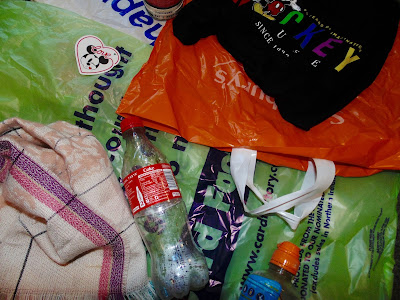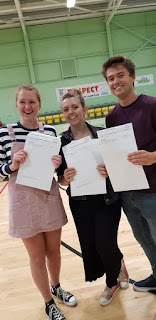2019: A Year in Review
Admittedly, I should be working on assignments but instead I'm writing this post. There has always been an emphasis on reflection throughout my education, and this is a result of that. 2019 has been a strange year for me. I have had some of the most amazing memories, with some of the best people but then had some of my lowest points which I have had to pick myself up from, and soldier on. This year has taught me that life isn't always the happy-go-lucky entity that it appears to be, and that everything that you want to achieve you have to give your all into. On reflection, I have begun to understand even more who I am and want to be as a person, and that life throws you challenges to learn from, and become even better. Anyone who knows me on a personal level will understand the event that caused this realisation. It sucked at the time however, I've come back stronger and more appreciative of the people around me, their support and encouragement that has boosted me to ke



